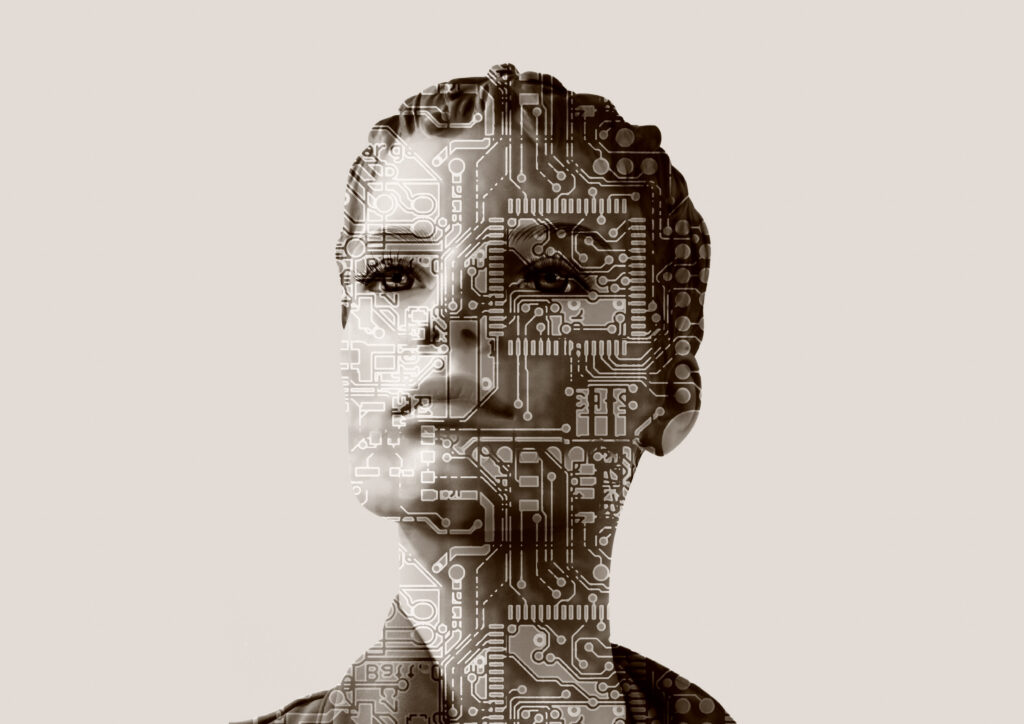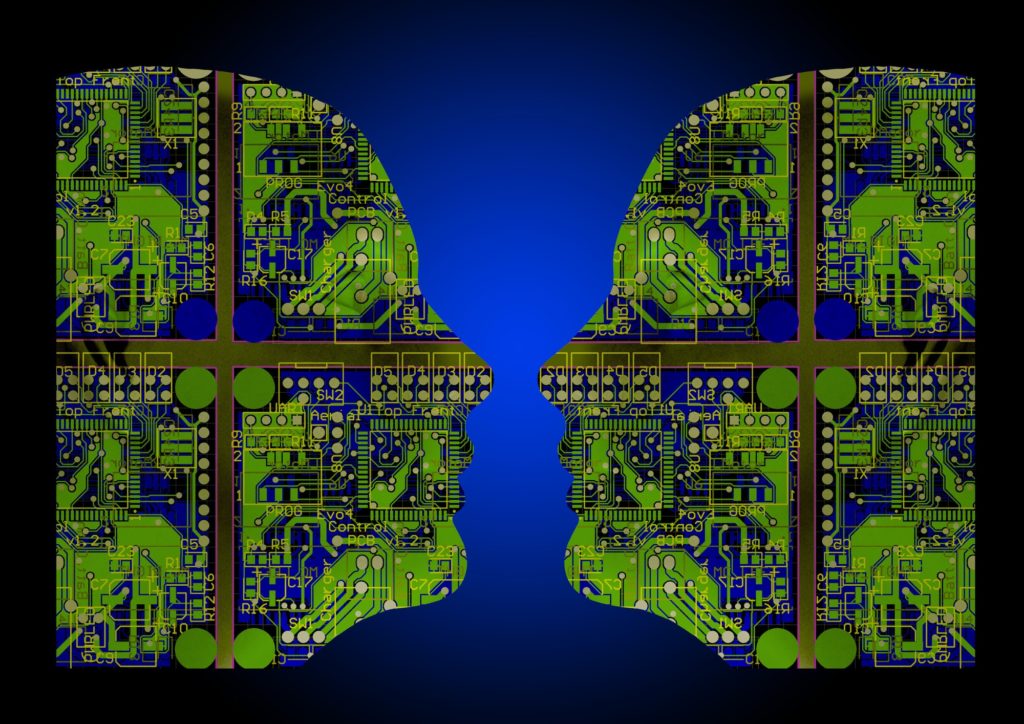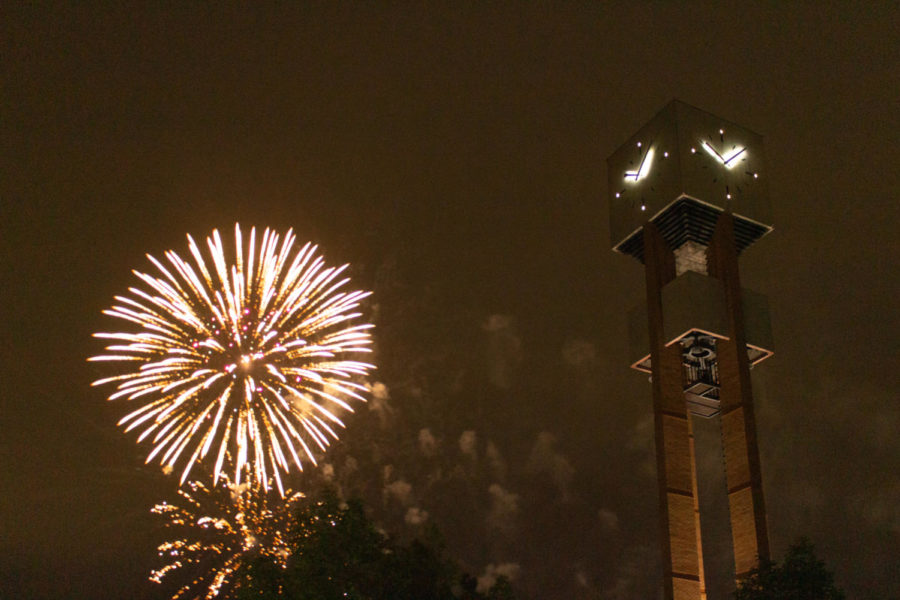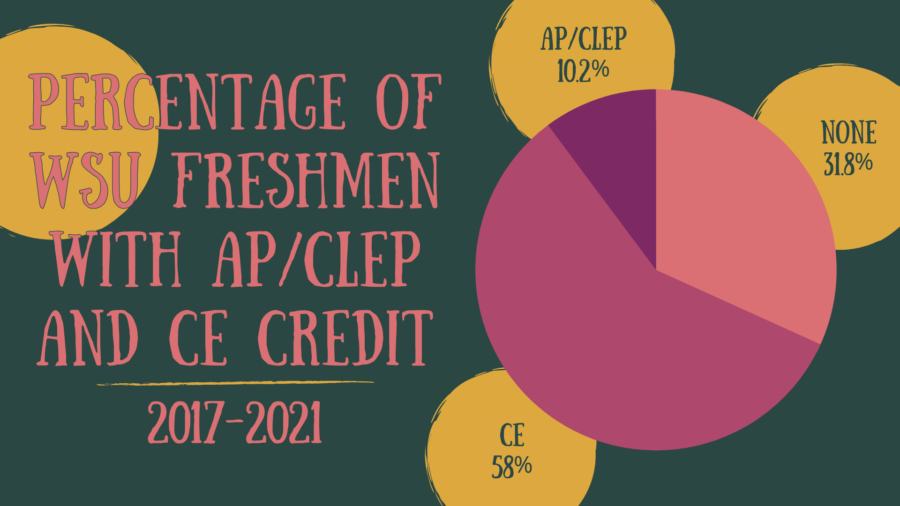According to several scientists, innovators and other technology experts, robots may be what exterminates humanity in the end of times.
Whether they hunt us down and exterminate us, like in “The Terminator,” or enslave us forever, as seen in “The Matrix,” tech gurus around the world seem to have resigned humanity’s fate in the wake of recent developments in artificial intelligence
technology.

Elon Musk, chief executive officer of both Tesla and SpaceX, is one such herald of our techno-doom.
“I think we should be very careful about artificial intelligence,” Musk said in a 2014 address at Massachusetts Institute of Technology. “If I had to guess at what our biggest existential threat is, it’s probably that.”
Some who follow Musk may be surprised to hear he is wary of artificial intelligence, especially considering he’s an avid investor in said technology. He was an early investor in DeepMind, a British artificial intelligence company, before it was purchased by Google.
He described the investment as “keeping an eye on what’s going on.”
Now that Alphabet, Google’s parent company, has control of DeepMind’s research and development, Musk is more worried than ever.
His greatest fear is that Alphabet will “produce something evil by accident, such as a fleet of artificial intelligence-enhanced robots capable of destroying mankind.”

Though Musk is considered a savant in many ways, not all experts in the field agree with him. David Ferro, dean of the College of Engineering, Applied Science and Technology at Weber State University, says it’s impossible to accurately predict what will happen.
“No one really knows,” Ferro said. “Fiction writers and futurists have tackled this topic to varying degrees of success in the past.”
Ferro said with the A.I. we currently have, such as Amazon’s Alexa or Apple’s Siri, computer scientists don’t really understand the way these programs think.
“We are not coding every line of the program; the program is just set up to learn,” Ferro said. “There are some interesting articles you can find. It is a bit worrying.”
Eric Swedin, a professor at Weber State who specializes in the history of technology, agrees with Ferro.
“I think that we still have no idea what artificial intelligence will really look like when it comes about,” Swedin said. “I understand Elon Musk’s concerns, where if they decide they don’t need us we could have a ‘Terminator’ scenario.”
Swedin also took issue with the current interpretation of the term “artificial intelligence.”
“We think of intelligence as something that’s self-aware,” Swedin said. “That means you have consciousness. Quite frankly, science right now is bewildered by the concept of consciousness. I don’t see any plausible ways forward quite yet.”
Swedin holds what he says is an unpopular opinion: that artificial intelligence will be the children of humanity.
“As parents, we should wish them the best so that they can go out there and be much better than we ever were,” Swedin said. “I personally think that space will eventually be colonized, but it probably won’t be colonized by human beings. It’ll be colonized by artificial intelligences.”
Whether artificial intelligence does end up spelling doom for humanity or not, Musk has an idea that could help us keep up with them.
Musk said a way to avoid human obsolescence may be “having some sort of merger of biological intelligence and machine intelligence.”
He posited the idea of a neural lace, which would hard-wire our brains to communicate directly with computers.
“We’re already cyborgs,” Musk reasoned. “Your phone and your computer are extensions of you, but the interface is through finger movements or speech, which is very slow.”
Scientists seem to agree truly self-aware artificial intelligence is still several years off. We will likely have to wait until that day comes to determine whether the robots will become our overlords, our children or if the line between human and robot will cease to exist.



















